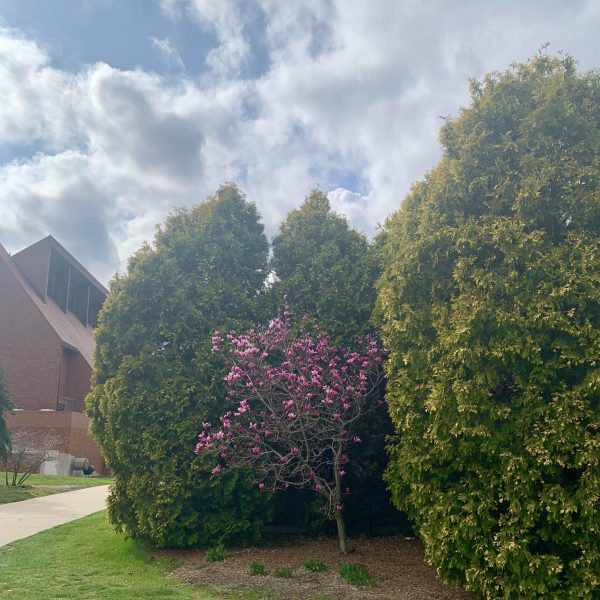Millikin: Do They Really Want Us To Succeed?
Any upperclassman reading this article can probably relate to the ongoing struggle of finding somewhere to live during the school year.
Freshman year, boy did we have it easy. They had a dorm room for everyone, no problems. However, once sophomore year comes around, the fight begins. The only places upperclassman can live are Weck, New Halls 1, 2 and 3 and a few floors in Dolson Hall. If you do the math that is not nearly enough to house all of the leftover students, especially if you look at how many of those rooms are specifically for science majors, business majors, honors students… the list of requirements go on.
So the choices for the people left over? Well, if you’re a lucky sophomore or junior, you might just land a spot in one of the New Halls, and if you’re not, you land in the Woods, unless you can successfully petition to live off campus, which many people can’t.
Lea Cartina, a junior transfer musical theatre major attempted to petition to live off campus, but had no such luck.
“They didn’t even call me back,” Cartina said. “I called to ask questions about the process and I never heard back from them.”
According to Millikin’s website, in order to live off campus, students must meet one of the following criteria: Be 22 years of age or older, have a significant medical condition that warrants routine medical care that cannot be administered in University housing, live within a 40 miles radius of campus and living with a close relative, be married, demonstrate significant financial hardship or have dependents.
While there are exceptions to these requirements, many people end up being rejected and forced to live somewhere on campus.
While the New Halls are in good shape, by junior year, many students are ready to take the next step to apartment life. Their options if they are denied to live off campus? The Woods.
Although the Woods has nice amenities, it’s expensive, the walls are paper-thin and there’s a lack of upkeep.
When I came for move-in day, I sat through an hour-long orientation and then made the trek to my new apartment. Excited, I opened the door, and there was no couch. I thought, “Alright, maybe they accidentally moved it somewhere else.” I made the decision to run back up to the main office to tell them about it once I unlocked my suite door to get into my room. However, my key didn’t work. So, in the rain, I walked back to the main building, told them about my lack of couch and that my key wouldn’t open the door. They told me that they would get another couch for me and gave me a new key. Satisfied, I walked back to my apartment and attempted to open my door again, this time it worked, but I saw that I had no mattress in my room either. So once again, I had to walk back to the main building to tell them that I had no mattress.
To give the Woods staff credit, they were prompt in fixing their mistakes on that day, however, they have been less prompt in the days since then.
I don’t know about everyone else, but it’s just not worth $700+ every month.
For many, the easier—and cheaper—option would have been to find a house or apartment off campus. However, Millikin doesn’t allow this luxury to many students outside those of a senior standing.
According to the Millikin website, it is Millikin’s “philosophy and belief that residential living is a key to student success. [They] support research that indicated students graduate at a high rate when they choose to live on campus.”
The key word in that statement is “choose.” By not allowing students to live off campus until their senior year, Millikin isn’t allowing their students to choose anything. They are telling students that they have to live on campus, which I don’t believe will have the same effects that the research found.
Millikin’s goal is to help us succeed and have a better life after graduation, right? They want to prepare us for the real world and “get us off on the right foot.”
Well then why are they making us choose the more expensive option for living, which, in turn, increases the amount of our student loans? Why not let us choose a place that is a little cheaper so that by the time we graduate, we’re not swimming in as deep of student loans?
Maybe it’s time for Millikin to rethink the way they approach upperclassman living situations. They need to either find a way to reduce housing costs, improve living situation on campus—including the Woods—or find a way to allow students to live off campus.










